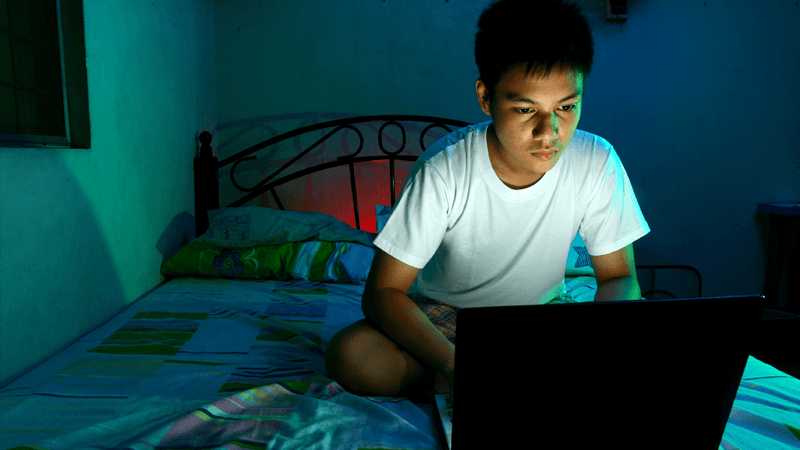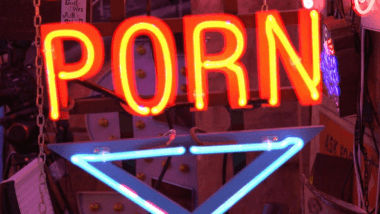Commercial pornography websites will be exempt from having to implement age-verification checks for its users as they will not be covered by proposed duty of care laws.
Speaking in the House of Lords, Culture minister Baroness Diana Barran revealed that protections in the Government’s Online Safety Bill will not apply to porn websites which do not include user-generated content.
This significantly weakens the age-verification checks, which were part of the Digital Economy Act 2017, but were never implemented.
Protect children
The Government claims its current proposals for online harms laws – targeting interactive, user-generated and social media sites – would close off most routes by which children currently encounter porn.
But NSPCC’s head of child safety online policy, Andy Burrows, said such legislation will fail to fully protect children and that it must go further.
He said: “If the Online Safety Bill is to live up to the Government’s rhetoric of protecting children from harm online it must act to stop children from stumbling across pornography, including on social media and all commercial sites.
“Ministers need to close this loophole and ensure commercial pornography sites are covered by the scope of the Duty of Care, not risk gaps in protection by excluding certain categories of sites.”
Judicial review
Last year, the High Court said it would hear a legal challenge from four different age-verification companies who argued it was unlawful for the Government to withdraw promised checks after Parliament voted to implement them.
Stuart Lawley, Chief Executive of age verification firm AVSecure LLC, said: “Our primary goal in court is to make the government see sense, dust off this hard-won legislation and take action”.
A poll conducted last year revealed that nearly two-thirds of adults want the Government to stop dragging its feet on protecting children from online pornography.
New tech could help safeguard kids from explicit content


